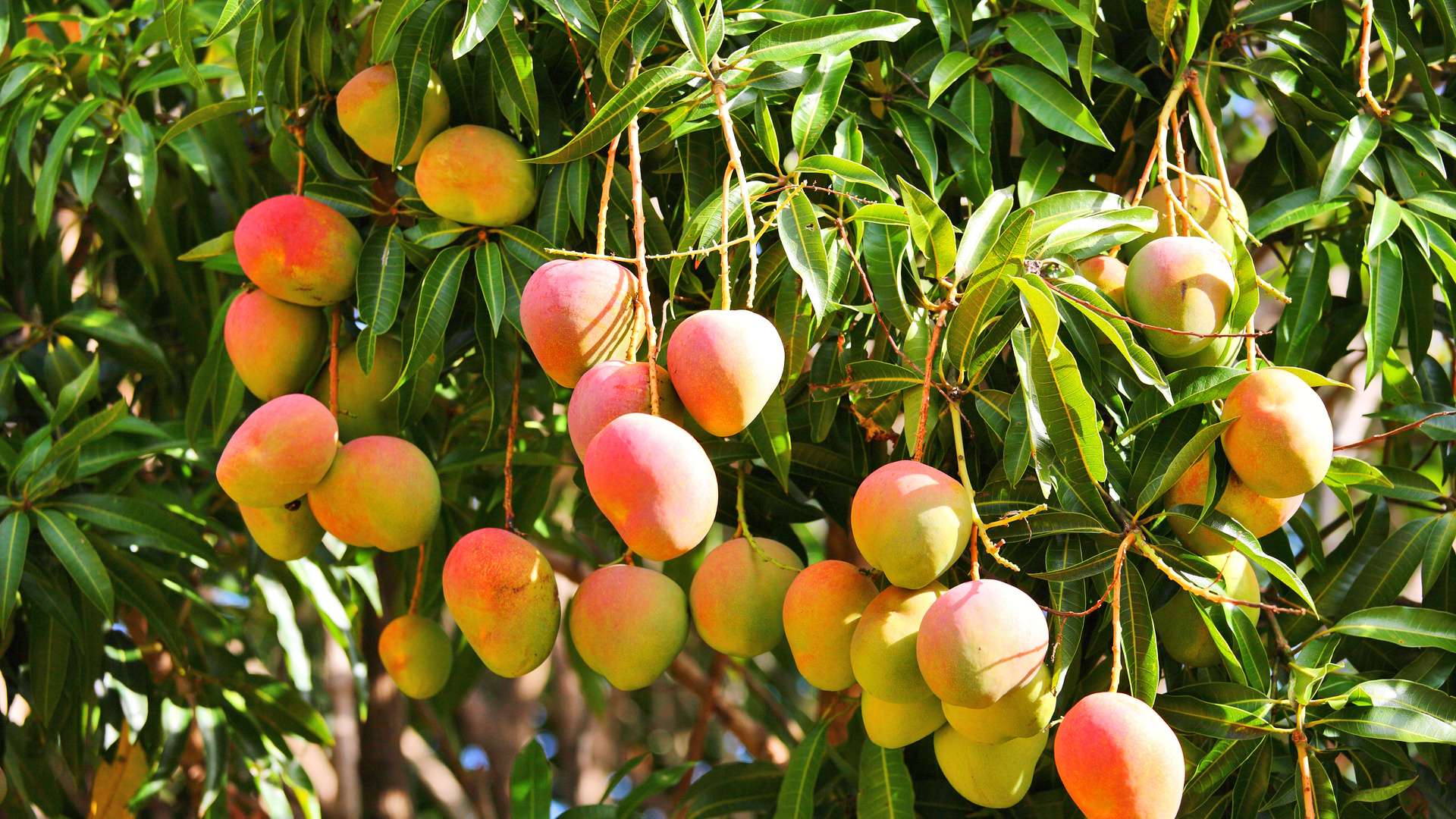
The IFFS Non-Invasive Sensor Technologies group is focused on the development of new sensor hardware and applications of existing sensors to assess agricultural commodities and advance productivity without damaging the product. Their work has focussed to tree-fruit crops, and mango in particular, and has been recognised by several awards including the Australian Mangoes 2024 Industry Innovation Award.
The team is known for pioneering work on the use of near-infrared spectroscopy for assessing horticultural produce, and on the implementation of machine-vision for in-orchard fruit load estimation. A current direction involves use of both technologies within a selective fruit harvesting solution to address labour shortages and occupational risks to workers.
A hallmark of the group has been partnership with international technology companies and the Australian horticultural supply chain, delivering research into practical outcomes.
The work of the group is multi-disciplinary in nature, and has involved work in:
The group has delivered outcomes in:
Our main adoption partners in this journey have been MAF Oceania, Felix Instruments, SensorHost, Agricultural Robotics and Australian Mango Industry Association.
Our research is redefining how quality and productivity are measured in horticulture, without damaging the crop. Explore our projects developed in close collaboration with industry to deliver real-world impact.
Our non-invasive sensors team has led the world in adapting and implementing near-infrared spectroscopy (NIRS) measurement systems to assess the eating quality of mangos and predict the ideal harvest time.
This technology has been widely adopted within the mango industry, laying the foundation for a range of other research. For example, in-field machine vision systems have been developed for count of fruit and estimation of fruit size, allowing fruit load estimates before harvest. Coupled with an on-line app for display of data, these capabilities allow farmers to better plan their harvest (e.g. employing the right number of pickers at the right time).
Our researchers developed the world’s first mango auto-harvester, with its latest prototype displaying improved fruit handling in trials at Central Queensland orchards.
The auto-harvester has turned heads within the mango industry for some time, but recently underwent substantial refinement and is becoming a more viable for commercialisation.
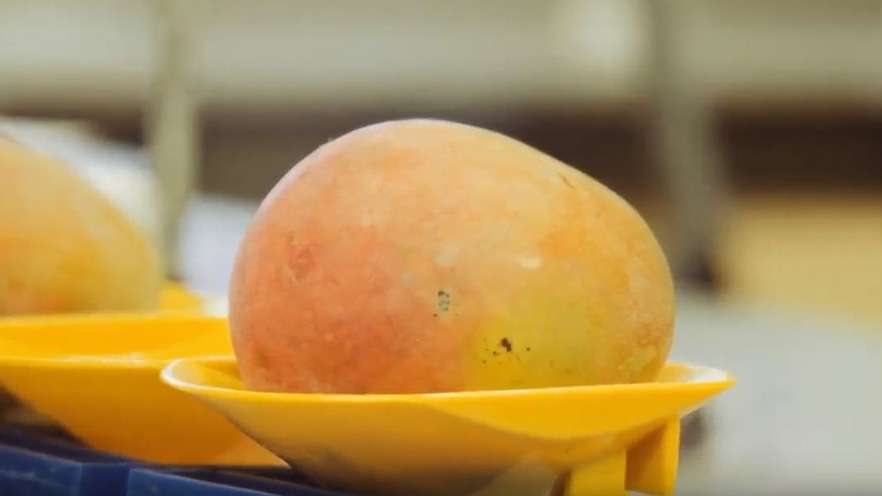
From electronics and mechatronics to agronomy and data science, our multidisciplinary team brings deep technical expertise to every project. Meet the innovators driving sensor-based solutions for the future of horticulture.
Kerry has a practical, hands-on, capability, yet an academic perspective on life. While trained as a plant physiologist, the theme of his career has been the application of non-invasive instrumentation to issues related to plant performance.
He has led multidisciplinary work resulting in the development of near infra-spectroscopy (NIRS) based instrumentation for fruit quality assessment and machine vision instrumentation for in-orchard tasks such as fruit load estimation and harvesting.
He strongly believes that his R&D effort should result in a gain to society and that he should provide practically relevant training to undergraduates and postgraduates. Kerry was awarded a Member of the Order of Australia (AM) in 2023 for his work in support of Australian horticulture. He is a Professor within the School of Health, Medical and Applied Sciences.
Zhenglin Wang has worked as a software engineer at TCL, UTStarcom, and Hitachi Construction Machinery Australia, the last post involving automation of manual haul trucks.
He served as a Postdoctoral Research Fellow in the IFFS for over five years involved in agriculture automation research and is currently an academic within the School of Engineering and Technology.
In recognition of his research excellence, Zhenglin was awarded the "Advanced Queensland Industry Research Fellowship" in 2019.
His research areas include computer vision, machine learning, and precision agriculture. Driven by a strong passion for applied research, Dr Wang focuses on delivering practical automation solutions that address real-world challenges in agriculture.
Dr Arjun Neupane's research contributions span multiple disciplines with a strong focus on applying information and communication technology (ICT) to real-world challenges.
Arjun across the domains of Information Systems and Agriculture. In Agriculture, his research integrates advanced technologies such as Image processing, Deep Learning (DL), Machine Learning (ML), Artificial Intelligence (AI), Computer Vision and Near-infrared Spectroscopy in context of Unmanned Ground Vehicles (UGVs), fruit grading, plant health assessment and precision farming.
His cybersecurity and data science expertise has further advanced his knowledge in safeguarding digital systems and optimising data-driven decision-making.
Over 20 students have progressed through Masters and PhD programs under the groups umbrella. New students benefit from a rich array of existing industry contacts, prospects for industry-relevant projects and equipment and technique base. Examples of three recent graduates follow:
Nicholas began working on mango orchards while on a working holiday visa and was soon hooked on the fruit and lured into postgraduate work on crop forecasting at CQUniversity. His experience includes near-infrared spectroscopy in assessment of mango fruit maturity led him into a position using the technology in assessment of soil carbon. He is now a NIR spectroscopist (Measurement analysis group lead) with CarbonLink P/L.
Anand delivered a PhD thesis through CQUniversity on the use of machine vision technologies for fruit quality and yield estimation. His activity included work on a pipeline for processing imagery collected for from cameras mounted to mobile platforms driven through mango orchards for count and map display of flowers and fruit. He has continued in a senior role at RetinaVisions P/L involving processing of images from cameras mounted to garbage trucks, mapping road defects.
Hari produced a thesis at CQUniversity on the design and development of an orchard harvest management information system, incorporating the outputs of the various sensors that the group has developed. Hari has continued into a position as Geospatial Automation Lead at Agronomeye P/L.
Driving adoption of new farming practices and technologies by changing the way end-users engage with information by combining innovative methods of education, behavioural psychology and mass communications.
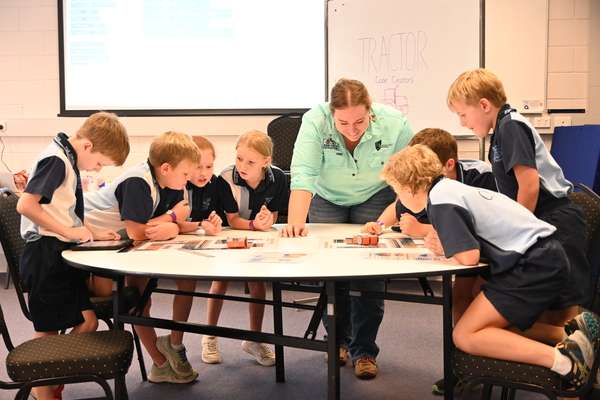
Discover how CQUniversity’s Microbial Genomics team is improving livestock health and productivity through gut microbiota research, next-generation probiotics, and sustainable farming solutions.
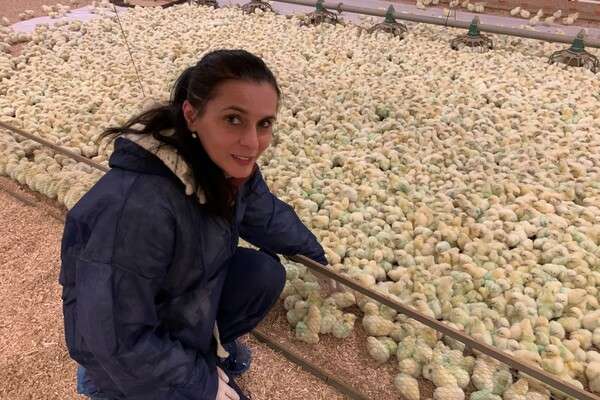
The Precision Cropping Systems cluster delivers applied research, training, and industry partnerships to boost productivity and sustainability in northern Australian agriculture.
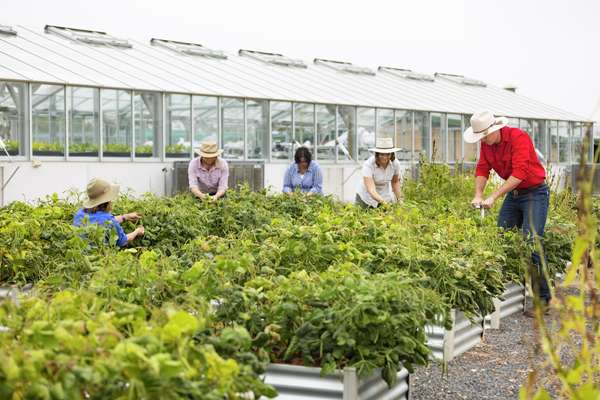
CQUniversity’s Precision Horticulture team is focussed on improving the productivity and profitability of Queensland’s major horticultural commodities.
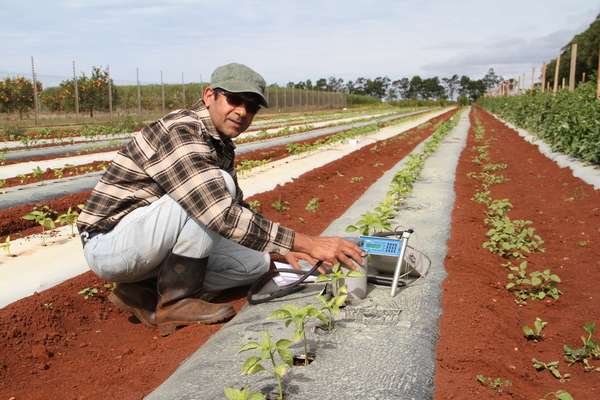
CQUniversity Australia is a trading name of Central Queensland University
ABN: 39 181 103 288
RTO Code: 40939
CRICOS: 00219C
TEQSA: PRV12073